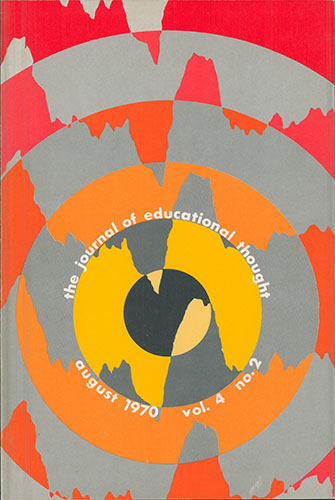Public Authority and Village Reconstruction: The Case of Basic Education in India
DOI :
https://doi.org/10.55016/ojs/jet.v4i2.43554Résumé
Some of the writings in the growing literature on the role of education in modernization have dealt with attempts to modify a part or the whole of an educational system. When such attempts for reform have failed (which have happened too often) 1, the profered explanations for the failure have been depressingly similar: there was confusion among administrators and teachers about the objectives of the reform, financial support for the reform program was grossly inadequate, there were not sufficient numbers of truly dedicated and properly trained teachers etc. Often, the crucial weakness of these explanations has been that they did not answer the question: in a given case which explanations were more fundamental than others in explaining a failure? Unless case studies of the failure (or the success) of reform attempts in education differentiate between the more significant from the less significant causes, our understanding of the relationship of educational change to other social, political
and economic changes will remain at a descriptive level.
Téléchargements
Publié
Numéro
Rubrique
Licence
The Journal of Educational Thought retains first publication rights for all articles. The Journal grants reproduction rights for noncommercial educational purposes with the provision that full acknowledgement of the work’s source be noted on each copy. The Journal will redirect to the appropriate authors any inquiries for further commercial publication of individual articles. All authors wishing to publish in JET will be asked to fill in and sign a Consent to Publish and Transfer of Copyright agreement.
Authors must affirm that any submission to JET has not been and will not be published or submitted elsewhere while under considration by JET.

